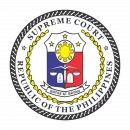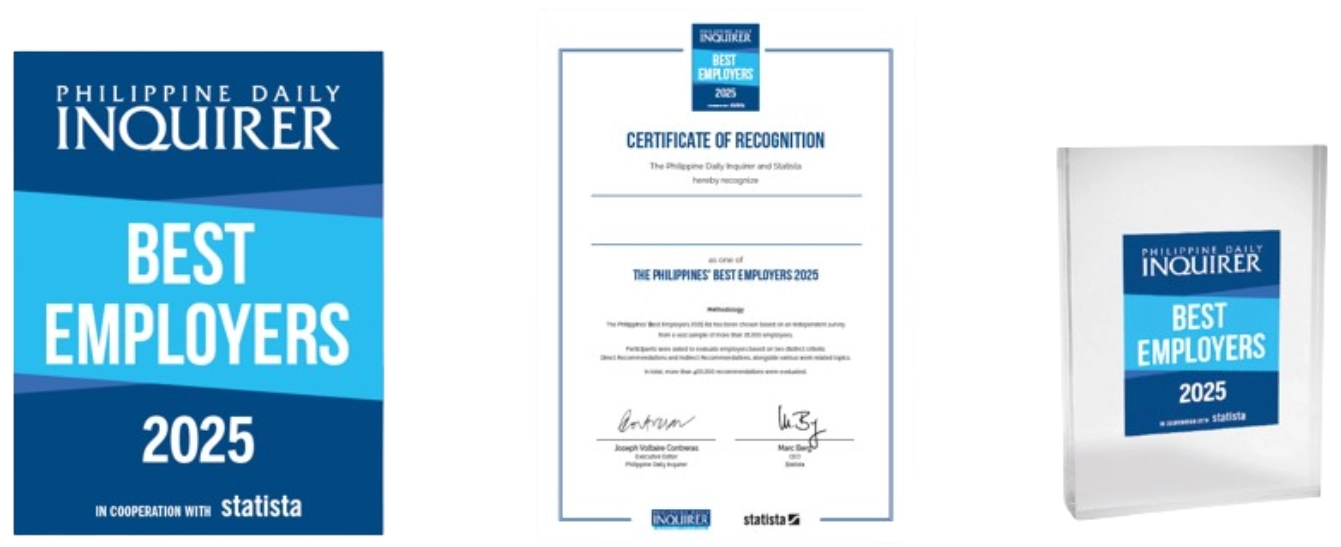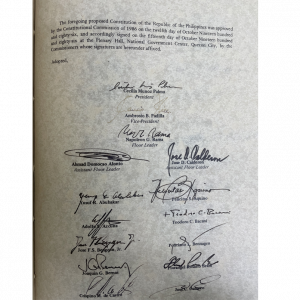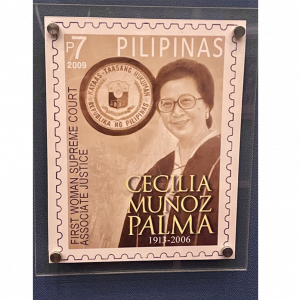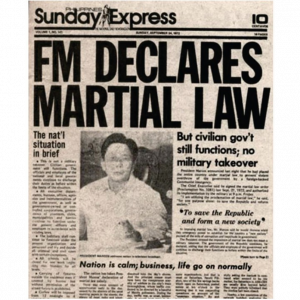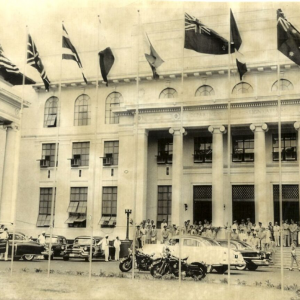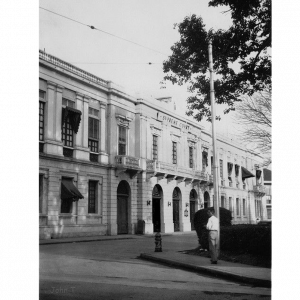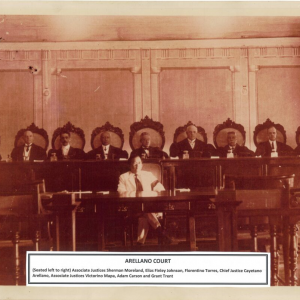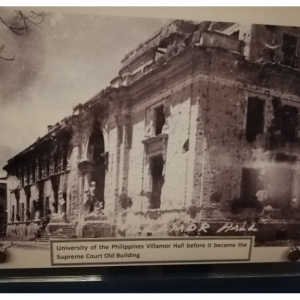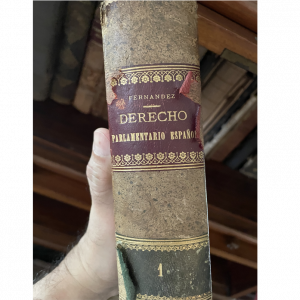Supreme Court to Hold Regional Consultations on the Proposed Rules on Unified Legal Aid Service (ULAS)
March 20, 2024
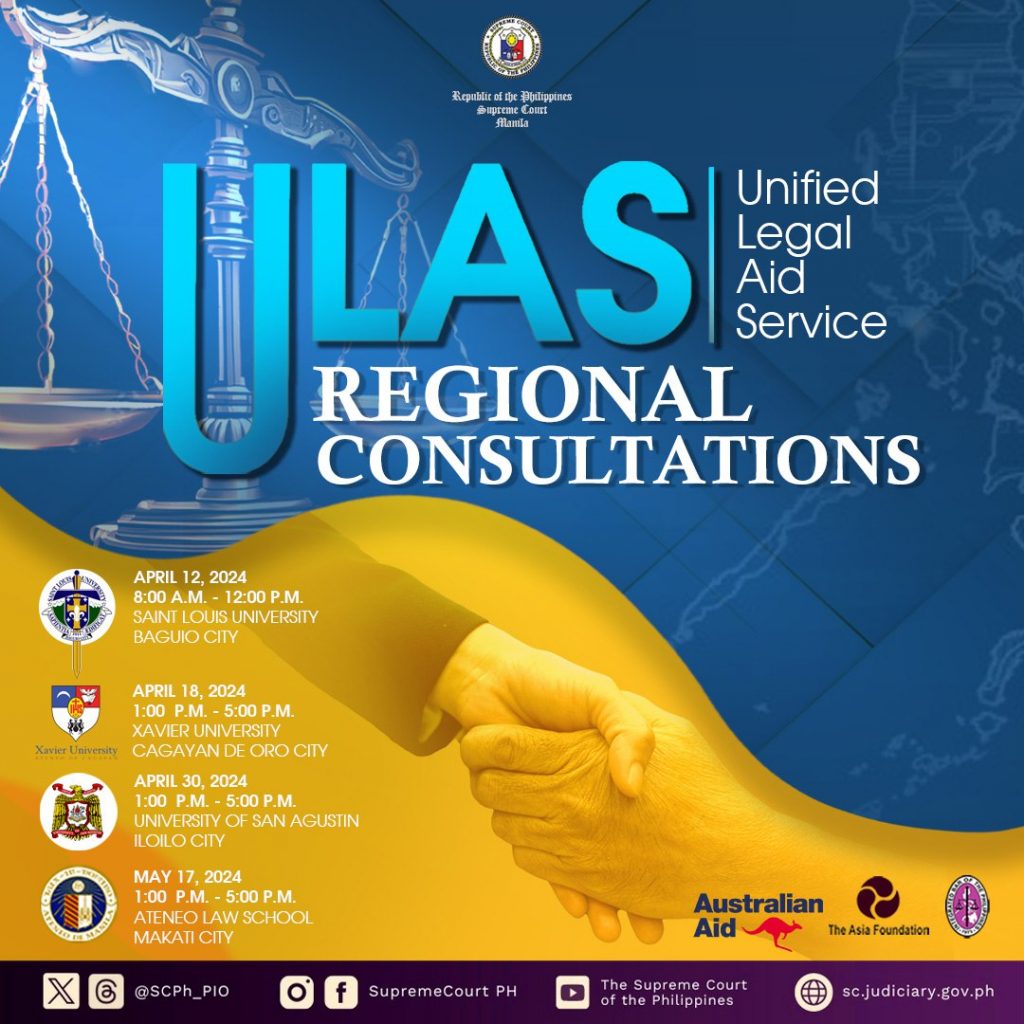
Recognizing the need to increase the access to justice of indigents and members of the marginalized sectors, and to adopt a more inclusive and participatory approach in promulgating rules relative to the practice of law, the Supreme Court of the Philippines will hold a four-leg Unified Legal Aid Service (ULAS) Regional Consultations, across the country, from April 12, 2024 to May 17, 2024, to solicit input and feedback for consideration in the drafting of the final version of the ULAS Rules.
The ULAS Regional Consultations, commencing in Baguio City on April 12, 2024, is a consultative discussion on the proposed rules, which shall govern the mandatory rendition of pro bono legal aid services by covered lawyers to qualified beneficiaries comprising of the following: (a) indigents; (b) members of marginalized sectors with respect to their public interest cases; and (c) non-governmental and non-profit organizations, with respect to cases beneficial to indigents and members of marginalized sectors.
The ULAS Regional Consultations will serve as a platform for the Judiciary, the members of the Philippine Bar, and the public to discuss the proposed rules, deliberate on its key provisions, and distill input from the participants, for the consideration of the Court En Banc.
Previous efforts of the Court to institutionalize a legal aid program under both the Rule on Mandatory Legal Aid Service for Practicing Lawyers (MLAS) and Rule on Community Legal Aid Service (CLAS) limited creditable legal services to those related to litigation law practice.
In contrast, the proposed ULAS Rules expands the scope of legal services that may be credited to include any act involving the application of law, legal procedure, or legal knowledge, training and experience, as long as the same is rendered for free in favor of qualified beneficiaries under the rules. This is in recognition of the realities that a significant portion of legal professionals is engaged in out-of-court law practice, and a similarly large part of the legal services needed by the qualified beneficiaries, does not involve cases filed with the courts. The expansion enables lawyers to efficiently comply with the ULAS Rules by offering services in their respective fields of expertise and beneficiaries to access such expert legal services.
Other key developments from the old MLAS and CLAS Rules include the option of registered organizations, including law firms, to aggregate the required hours of service of all their lawyers and choose the one/s who must render the actual services in behalf of all its pool of lawyers. The ULAS Rules allows covered lawyers to choose how to extend their services to qualified beneficiaries which may be through the IBP, legal aid clinics, legal services organizations, or directly on their own, by observing the requirements for self-reporting of compliance.
It is also envisioned that monitoring and reporting will be more manageable and streamlined under the new ULAS rules which provides for the creation of a ULAS Office and Board dedicated to the effective implementation of the rules. Additional incentives such as the crediting of ULAS hours as units in the Mandatory Contiuing Legal Education (MCLE) is likewise provided in the new rules.
Overall, the new rules on mandatory legal aid services aims to meet the noble objectives of its predecessor rules of providing access to adequate legal services to those lacking or has limited access thereto, but also to address the identified shortcomings of the old rules. The Regional Consultations is further effort on the Court’s part to ensure that it is informed of the concerns of the stakeholders and that the same are met in the final version of the rules.
Following the launch of the ULAS Regional Consultations in Baguio City, the Supreme Court will hold the next legs in Cagayan de Oro City on April 18, 2024; in Iloilo City on April 30, 2024; and in Makati City on May 17, 2024.
The ULAS Regional Consultations is organized by the Court’s Technical Working Group to Draft the Rules on ULAS (ULAS TWG) in partnership with the Australian Government – Department of Foreign Affairs and Trade, The Asia Foundation, and the Integrated Bar of the Philippines. (Courtesy of the Supreme Court Public Information Office)
